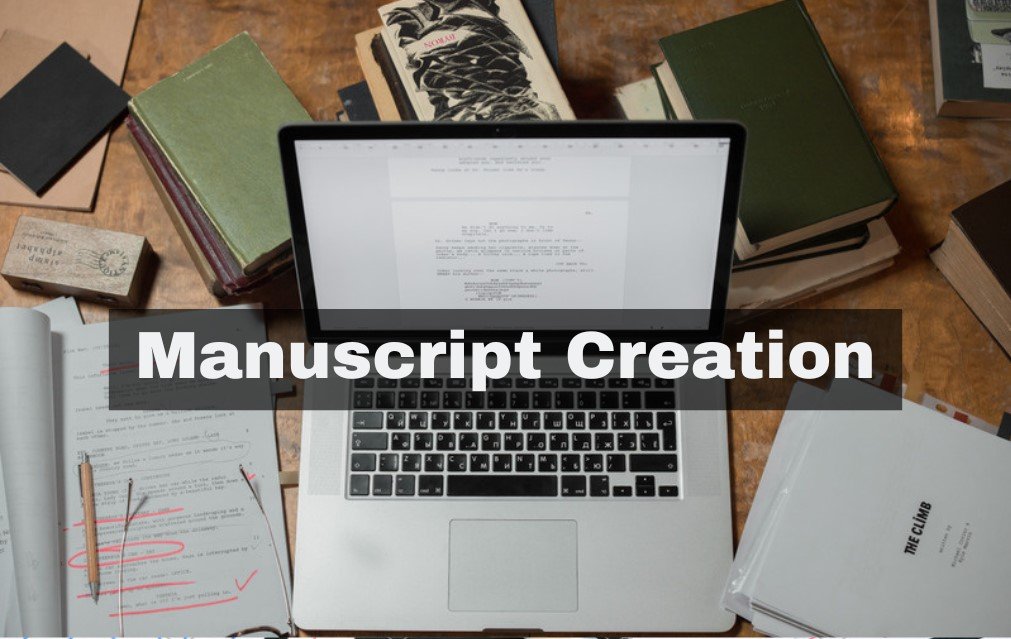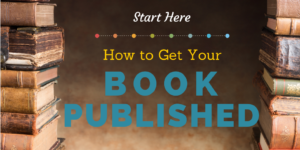Introduction
Now, let us then walk you through a step by step process of manuscript writing, book drafting, content development and publishing. This is as good a place as any if you have ever harbored an ambition of having your name on a book cover.
What Is Manuscript Creation?
Why Is Manuscript Creation Important?
Without a well-structured manuscript, your book lacks coherence and readability. A good manuscript ensures:
- Clear flow of ideas
- Properly structured content
- Error-free writing
- A professional final product ready for publishing
Steps to Manuscript Creation
Let’s break down the process of manuscript writing step by step.
1. Brainstorming and Idea Generation
Before you begin writing, you need a solid idea. Ask yourself:
- What is my book about?
- Who is my target audience?
- What message or story do I want to convey?
Once you have a general idea, jot down key points, themes, or plotlines that will shape your manuscript.
2. Outlining Your Manuscript
Creating an outline helps in organizing your thoughts. A typical book outline includes:
- Title and subtitle
- Chapter breakdown
- Key themes or messages in each chapter
An outline serves as a roadmap, preventing writer’s block and ensuring a logical flow.
3. Writing the First Draft
This is where you make your dreams come true. Just make sure at this stage not to worry about.optimize STD test(); Keep these tips in mind:
- Set a daily writing goal (e.g., 1,000 words per day)
- Avoid editing while writing
- Focus on getting the story or message out first
4. Editing and Formatting
After completing the first draft, take time to revise. Editing involves:
- Checking for grammar, spelling, and punctuation errors
- Refining sentence structure
- Ensuring clarity and coherence
- Formatting according to publishing guidelines (font, spacing, margins, etc.)
Professional editing services can help polish your manuscript further.
5. Beta Reading and Feedback
Before finalizing your book, get feedback from beta readers—trusted friends, family, or fellow writers who can provide constructive criticism. Consider their suggestions and make necessary improvements.
6. Finalizing Your Manuscript
Once revisions are complete, format your Manuscript Creation properly. If you’re self-publishing, ensure it meets the required specifications (e.g., Kindle formatting, PDF conversion, etc.).
The Publishing Process
Now that your manuscript is ready, what’s next? You have two main options: traditional publishing and self-publishing.
Traditional Publishing
This involves submitting your manuscript to literary agents or publishers. The process typically includes:
- Writing a query letter
- Submitting sample chapters
- Negotiating contracts if accepted
Traditional publishing offers credibility but can be highly competitive and time-consuming.
Self-Publishing
If the author wants to exercise full control over the process, then self-publishing comes as the best choice. Currently, there are several platforms where any author can publish independently, for instance, Amazon KDP, and IngramSpark. Benefits of Manuscript Creation include:
- Faster publication
- Higher royalties
- Full creative control
Marketing Your Book
Once your book is published, marketing is crucial for success. Here are some ways to promote your book:
- Build an author website
- Use social media to engage readers
- Run online ads or promotions
- Reach out to book bloggers for reviews
Common Challenges in Manuscript Creation

Every writer faces hurdles along the way. Here are some common challenges and how to overcome them:
- Writer’s Block – Take breaks, read other books, or change your writing environment.
- Self-Doubt – Remember, every great author started somewhere. Keep pushing forward!
- Time Management – Set a writing schedule and stick to it.
Conclusion
FAQs
How long does it take to write a manuscript?
It can change depending on the given complexity of the writing and writing speed. Some programmes may last for months while others may take a period of one or two years, and so on.
Do I need professional editing for my manuscript?
Yes! Sharing with another person is great because they can see things we often overlook and can give you the minor improvements.
Can I publish a manuscript without a literary agent?
Yes! Self-publishing means you do not need an agent to publish your work.
What’s the best format for a manuscript?
For printed submission, the format should be double spaced, for font; use any font not less than size 12 preferred is the TNR. For self-publishing, the extent of Manuscript Creation cross-platform appropriateness should be done in accordance with the regulations of the specific platform.
How do I protect my manuscript from plagiarism?
To protect the work one should register for copyright and make drafts safely stored so nobody could access them.








